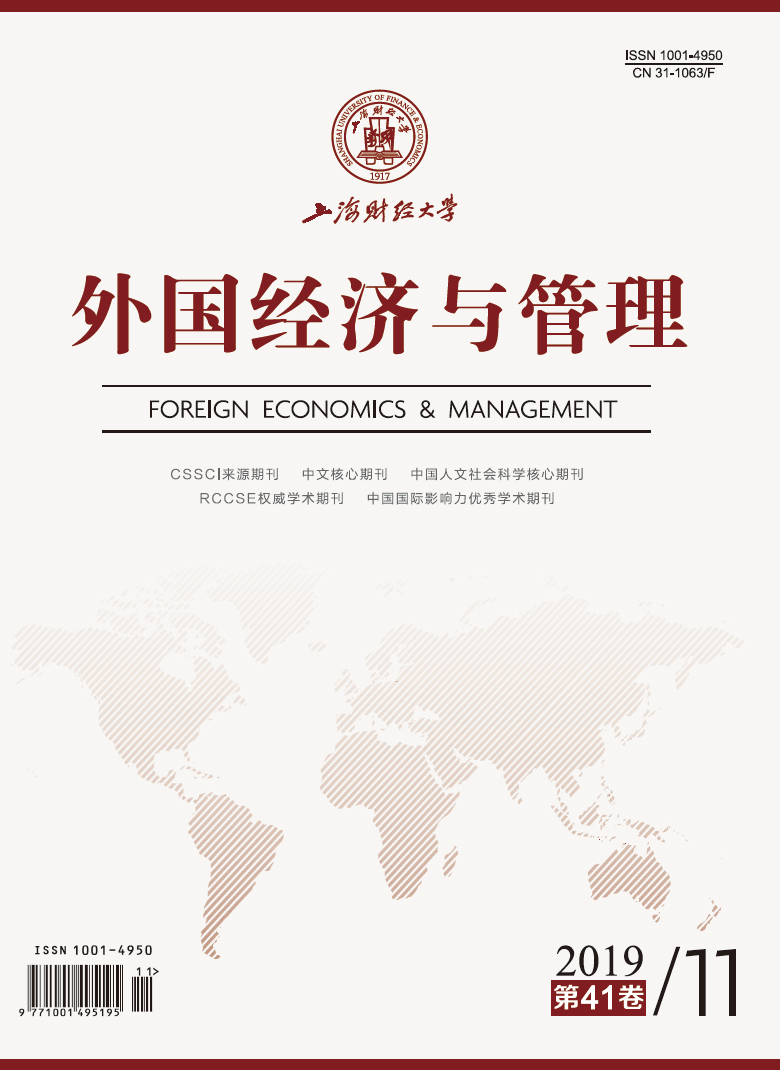Three economists, Abhijit Banerjee, Esther Duflo and Michael Kremer, were awarded the Nobel Prize in Economics in 2019 by the Royal Swedish Academy of Sciences for their experimental approach to alleviating global poverty. Their field experimental approach to causality and the conclusions they arrived at are of great importance for researchers, policymakers and business operators. This paper will review their outstanding contributions to their experimental approach to global poverty alleviation.Four main conclusions are presented as below: First of all, based on the comparisons of the similarities and differences of empirical research on causality between natural science and social science, we show that field experiments have the same basic principles as natural science and other social sciences, and they are all faced with disputes about internal and external validity. Second, field experiment, as a tool of causality inference, has special advantages in economic empirical research, so that it should be included in the toolbox of researchers and gain the attention it deserves. Moreover, field experiments can be used as an effective tool for government economic policy-making and business management practice, which should be promoted. Third, their field experiments on poverty and the conclusions they arrived at are of important reference value, which should be affirmed. In particular, they remind us that in the process of mechanism design or policy-making, the design of details is very important and must be carefully considered. Last but not the least, from the perspective of the evolution of development economics since Adam Smith and from the practice of poverty alleviation in China, they regard poverty as the core topics of development economics research, which makes the field of vision of development economics research too narrow and may be harmful to the fundamental solution of poverty. The fundamental solution of poverty needs to bring the vast number of poor people into the social division of labor, and this process will inevitably bring new problems. These are the issues that development economists should pay attention to. In short, development economics should return to and pay attention to the study of economic development mechanisms.
 / Journals / Foreign Economics & Management
/ Journals / Foreign Economics & ManagementForeign Economics & Management
JIN Yuying, Editor-in-Chief
ZhengChunrong, Vice Executive Editor-in-Chief
YinHuifang HeXiaogang LiuJianguo, Vice Editor-in-Chief
The Field Experimental Approach to Causality and the Way of Poverty Alleviation in New Positive Development Economics: A Review of Main Contributions by 2019 Nobel Economics Laureates
Foreign Economics & Management Vol. 41, Issue 11, pp. 136 - 152 (2019) DOI:10.16538/j.cnki.fem.20191105.001
Summary
References
Summary
Cite this article
Li Baoliang, Guo Qiyou. The Field Experimental Approach to Causality and the Way of Poverty Alleviation in New Positive Development Economics: A Review of Main Contributions by 2019 Nobel Economics Laureates[J]. Foreign Economics & Management, 2019, 41(11): 136-152.
Export Citations as:
For
ISSUE COVER
RELATED ARTICLES




 , 1
, 1 9160
9160  15263
15263

